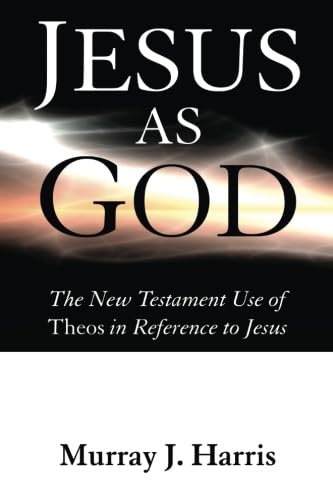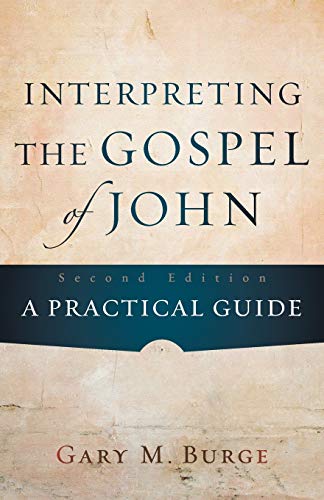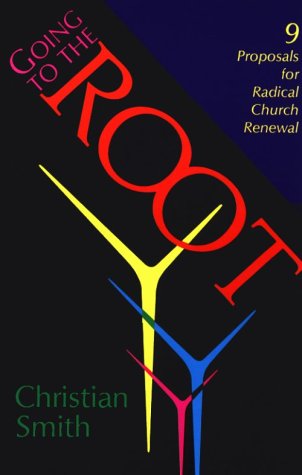Wisdom in Revolt: Metaphorical Theology in the Book of Job (JSOT Supplement 112, Bible & Literature Series 29)
Written by Leo G. Perdue Reviewed By Elmer B. SmickThe book is presented in three parts. Part I is a survey of generally accepted views of metaphorical theology and mythic paradigms in the OT world. Part II gets the book’s title and applies the author’s reconstructions of Part I to the book of Job. Part III briefly deals with those chapters of Job the author has chosen to omit from Part II (chapter 28 and the Elihu speeches) because they come from later redactors. The wisdom poem in chapter 28 is dismissed as precritical faith. Along with this, Perdue expresses his contempt for Elihu, whose ‘dogmatic theology produces not live engagement, but sterile faith’.
The use of the word metaphor is loose. One might question whether in Egypt and Mesopotamia, etc., the mythic accounts of the actions of the gods and their relationship to man and one another was a metaphor in our sense of the word. If one accepts the book of Job as monotheistic rather than henotheistic, that gives reason to believe that concepts borrowed or culturally held in common with Egypt and Mesopotamia point to a true metaphorical usage. Without question the book of Job abounds in mythopoeic language, but the construction Perdue puts on that fact is not the only one possible.
Just what relationship the book of Job has to the documentary hypothesis is not clear. Yet he refers to these sources as if they were all part of a unified system equally useful for all parts of the OT. He seems to see only ‘J’ and ‘P’ in Job. All we can be sure of is that Job was written by a Hebrew who has chosen for his subject one outside the covenant community. We can’t be sure about the book’s date of composition, despite Perdue’s assumption that ‘P’ is postexilic and therefore Job’s author was postexilic.
Perdue thinks the book of Job moves on two mythic levels: the cosmological and anthropological. God is a high god in some places and a personal god in others. How this can be reconciled in the prologue which presents Yahweh on both levels, is not addressed. Is Yahweh a personal god to whom sacrifices have to be made in order to fulfil responsibilities in return for protection and reward, or is he a high god who sits ruling over the divine council?
Our author goes through the book of Job showing how the metaphorical categories he has summarized in chapter 2 keep reappearing throughout the book. Tying the mythological language to possible sources in Mesopotamia and Canaan is a valuable contribution; however, one might well question some of the connections that our author makes.
In Job’s raging against God Perdue sees what he calls a deconstruction of the cosmological tradition of the combat myth—deconstruction because Job’s God, as the divine warrior and a malicious tyrant, seeks to destroy his own creation. The idea is that Job saw revolt as the only way out of his dilemma. In the light of subsequent chapters this is hardly a likely scenerio. It does not explain why, at the end of the book. Job, though rebuked by God, is not utterly crushed, nor why, after repentance, he is restored while the counsellors, who had all the right things to say about God, are told to go to Job and have him pray for them.
Job and his implied audience experience metaphorically the shock and disorientation of the fall. They must all come to a ‘new reconstruction of faith’ and ‘articulation of compelling vision’ (whatever the latter means). To his credit, our author does not try to delete or reconstruct large sections of the divine speeches.
Perhaps the most theologically perceptive part of this book is Perdue’s treatment of Job’s reactions to the speeches. Job is so devastated, so speechless that he cannot shape a new discourse that gives form to theological language. According to our author, this is because Job’s attack on God had presupposed that justice was a retributive order in which righteous deeds are rewarded. Yahweh simply dismissed both the accusations that Job had made and the basis on which they rest. To the first speech, Job, placing his hand on his mouth, says, ‘How shall I answer you?’ Harking back to the Tower of Babel, Perdue sees human hubris against divine sovereignty resulting in the opposite of Job’s humbling. After the second speech. Job confesses that he has now both seen and heard Yahweh. So he has moved from accusatory lament, to dumbness, to the will to utter hymnic praise.
There is a fine, select bibliography of pertinent books and articles and an index of biblical references. Regrettably, the bibliography omits material that might call into question Perdue’s literary-critical presuppositions, although he includes some authors who differ on lesser issues (e.g. Habel’s and Jansen’s defence of the integrity of the Elihu speeches, pp. 80–81).
Elmer B. Smick
Gordon-Conwell Theological Seminary, S. Hamilton, MA., and Reformed Theological Seminary, Orlando, Florida







